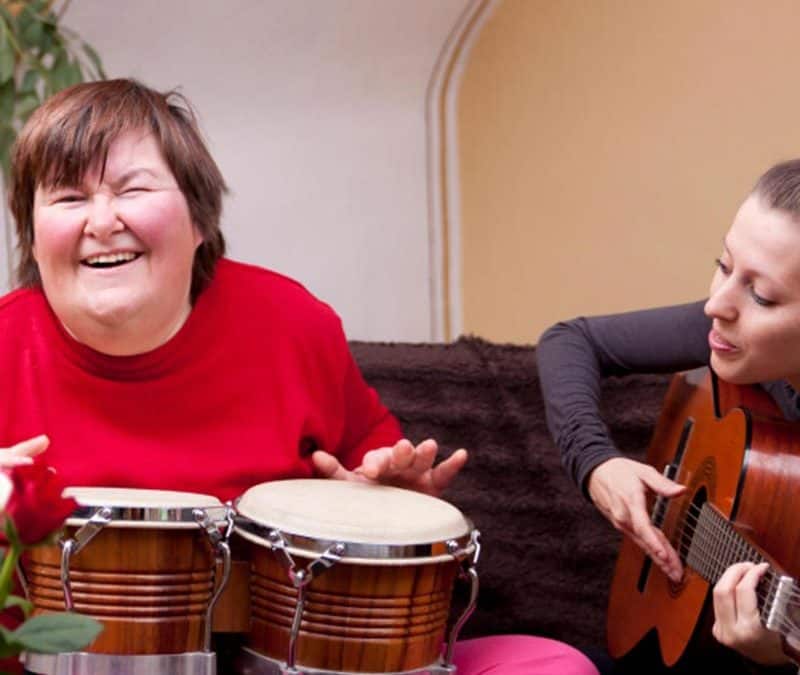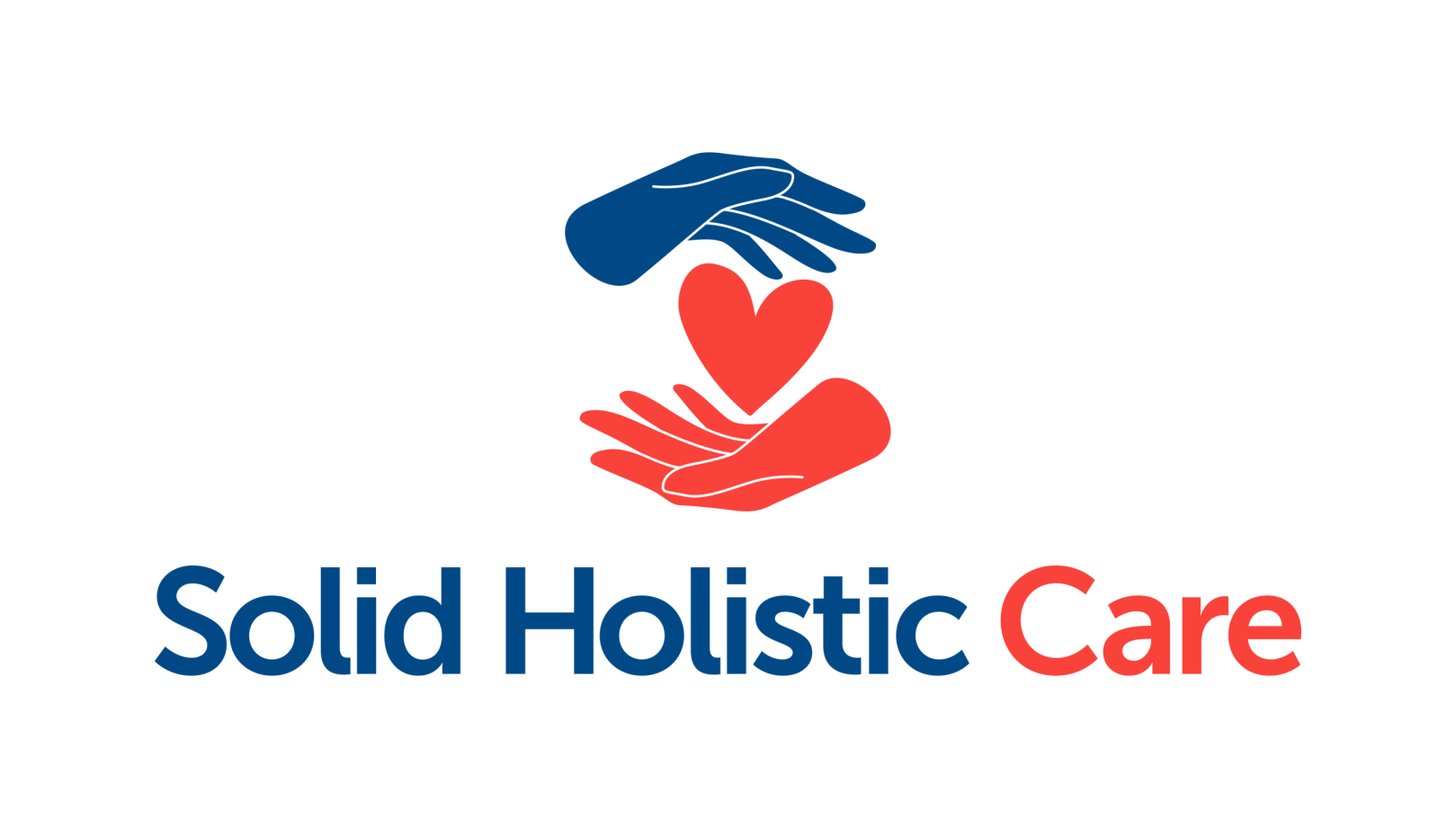
by Mick Cutcliffe | Apr 25, 2024 | Disability Care
In Newcastle, advancements in disability care are driving positive change and improving the quality of life for individuals with disabilities. With a focus on innovation and inclusivity, disability care providers in Newcastle are pioneering new approaches to support individuals with diverse needs. Supported independent living programs offer tailored support services, enabling individuals with disabilities to live more independently while receiving the necessary assistance to thrive. Technological innovations, such as assistive devices and smart home technology, are enhancing accessibility and empowering individuals to overcome barriers in their daily lives.
Supported Independent Living (SIL)
Supported Independent Living (SIL) has emerged as a leading trend in disability care, offering individuals with disabilities the opportunity to live more independently while receiving the necessary support and assistance to thrive. SIL programs provide tailored support services based on individual needs, empowering individuals with disabilities to live in their own homes or community-based settings. With a focus on promoting autonomy, choice, and self-determination, SIL programs foster a sense of empowerment and enable individuals with disabilities to lead fulfilling lives on their terms.
Individual Living Options (ILO)
In addition to supported independent living, a diverse range of individual living options are available to individuals with disabilities, catering to varying levels of support needs and preferences. From accessible housing and adaptive technology to community-based support services and peer networks, independent living options offer individuals with disabilities the flexibility and freedom to live life to the fullest. Whether it’s accessing accessible transportation, participating in social activities, or pursuing educational and employment opportunities, independent living options empower individuals with disabilities to pursue their goals and aspirations with confidence.
Respite Care
In Newcastle, respite care advancements are revolutionising the way individuals with disabilities and their caregivers access temporary relief and support. Traditional respite care services have evolved to offer more flexible and personalised options, catering to the diverse needs and preferences of families. Innovations in respite care include in-home respite services, community-based programs, and specialised respite facilities equipped to accommodate individuals with varying levels of support needs. Moreover, advancements in technology have facilitated remote monitoring and communication, allowing caregivers to access support and assistance more conveniently. These advancements in respite care are enhancing accessibility, affordability, and quality of care, providing invaluable support to individuals with disabilities and their families in Newcastle.
Disability Support Services
Disability support services encompass a wide range of programs and initiatives designed to empower individuals with disabilities to live independently, participate fully in society, and access the support they need to thrive. These services may include personal care assistance, social inclusion programs, vocational training, advocacy services, and more. With a focus on promoting inclusion, accessibility, and empowerment, disability support services are evolving to better meet the diverse needs and preferences of individuals with disabilities, fostering greater independence, dignity, and quality of life.
Solid Holistic Care prioritises person-centred care approaches, tailoring support services to the unique preferences and goals of each individual.The organisation takes a comprehensive approach to care, encompassing physical, emotional, social, and vocational aspects of well-being. By offering a wide range of services, including personal care assistance, social inclusion programs, vocational training, and advocacy services, Solid Holistic Care ensures that individuals receive holistic support that addresses their diverse needs and enhances their overall quality of life.

by Mick Cutcliffe | Apr 11, 2024 | Disability Care
Choosing the right disability support services is a crucial decision that can have a profound impact on the quality of life and well-being of individuals with disabilities in the Hunter Region. With a wide range of service providers and options available, navigating the landscape of disability support services can be overwhelming. Explore the key considerations and factors that help individuals and their families make informed decisions when selecting disability support services in the Hunter Region.
Understanding Your Needs and Goals
The first step in choosing the right disability support services is to assess the specific needs and goals of the individual with a disability. Take the time to consider factors such as the type and severity of the disability, the level of support required, and the desired outcomes. Engage in open and honest discussions with the individual, their family members, and any other relevant stakeholders to gain a comprehensive understanding of their unique circumstances and preferences. Solid Holistic Care takes a person-centred approach to disability support services, prioritising the individual needs and preferences of each client. Whether it’s assistance with daily living activities, community access support, or respite care, Solid Holistic Care offers tailored services to empower individuals with disabilities to live fulfilling lives.
Researching Service Providers
Once you have identified the needs and goals of the individual, research different disability support service providers in the Hunter Region. Look for providers that offer a comprehensive range of services tailored to the specific needs of individuals with disabilities. Consider factors such as the provider’s reputation, experience, expertise, and record of delivering high-quality services. Reading online reviews and seeking recommendations from trusted sources, can also provide valuable insights into the quality of service offered by different providers. At Solid Holistic Care, we specialise in a range of disability support services including Supported Independent Living and Individualised Living Options.
Determining Eligibility
Before accessing disability support services, it’s important to determine eligibility and explore available funding options. In Australia, individuals with disabilities may be eligible for NDIS funding through the National Disability Insurance Scheme (NDIS) or other government-funded programs. Familiarise yourself with the eligibility criteria and application process for these funding programs, and consider seeking assistance from a disability support coordinator or advocate if needed.
Considering Quality and Accreditation:
When choosing disability support services, prioritise providers that demonstrate a commitment to quality and excellence in service delivery. Look for providers that are accredited by relevant regulatory bodies and adhere to industry standards and best practices. Accreditation ensures that service providers meet rigorous quality and safety standards and undergo regular evaluations and audits to maintain compliance. Additionally, consider factors such as staff qualifications, training programs, client satisfaction rates, and quality improvement initiatives when assessing the quality of service offered by different providers.
Come Up With a Care Plan
Seek input from the individual regarding their preferences, goals, and concerns, and ensure that their voice is heard and valued throughout the decision-making process. Collaborate with family members, caregivers, support coordinators, and other professionals to develop a holistic and person-centred support plan that meets the individual’s unique needs and aspirations.
Choosing the right disability support in the Hunter Region is a significant decision that requires careful consideration and planning. By understanding the individual’s needs and goals, researching service providers, exploring funding options and seeking involvement from relevant individuals, their families can make informed decisions that promote independence, inclusion, and well-being. Solid Holistic Care offers disability support in the Hunter Region, helping individuals, caregivers and families get the support they need and deserve!

by digitalhunter | Mar 14, 2024 | Disability Care
Cultural Sensitivity in Disability Care
In the realm of disability care, where the intricacies of human needs intertwine with the profound essence of care, cultural sensitivity emerges not just as a practice but as a cornerstone of compassionate caregiving. Solid Holistic Care, an NDIS provider, stands at the forefront of this compassionate approach, weaving the fabric of cultural sensitivity into the very heart of its services.
This article delves into the importance of cultural sensitivity in disability care, showcasing how Solid Holistic Care tailors its services to match caregivers and clients based on cultural backgrounds, and elucidating why individuals seeking disability support services should entrust their needs to Solid Holistic Care.
The Essence of Cultural Sensitivity in Disability Care
Cultural sensitivity in disability care is paramount. It’s about acknowledging, respecting, and integrating the cultural backgrounds and needs of individuals into their care plans. This practice is essential because culture influences every aspect of one’s life, from communication styles and dietary preferences to medical treatment perceptions and relationships with caregivers. When caregivers are culturally attuned, they foster a deeper level of trust, understanding, and connection with their clients, which is indispensable for providing effective and compassionate care.
Solid Holistic Care: A Beacon of Culturally Sensitive Care
At Solid Holistic Care, cultural sensitivity is not just a policy; it’s a principle that guides every action and decision. The organisation recognises that matching caregivers and clients based on cultural backgrounds can significantly enhance the caregiving experience. Such matches ensure that caregivers are not only adept at addressing the physical needs of their clients but are also sensitive to the cultural and linguistic nuances that influence their clients’ well-being.
Solid Holistic Care takes great strives to understand the cultural backgrounds of both clients and caregivers. This understanding informs their meticulous matching process, ensuring that every client receives care that is not only effective but also culturally congruent. This approach respects and celebrates diversity, leading to more personalised and effective care plans that acknowledge the cultural heritage of each individual.
Services Tailored to Meet Cultural Needs
Solid Holistic Care offers a broad spectrum of services designed to meet the diverse needs of its clients. From personal care and community participation to Dementia care and therapeutic supports, every service is delivered with a deep respect for cultural preferences and requirements. Whether it’s providing dietary care that respects cultural food practices or offering support in a client’s preferred language, Solid Holistic Care’s commitment to cultural sensitivity is evident in every aspect of its service delivery.
The organisation’s caregivers are trained in cultural competency, ensuring they are equipped with the knowledge and skills needed to provide care that respects the cultural identities and preferences of their clients. This training goes beyond mere language proficiency to include an understanding of cultural practices, health beliefs, and the importance of family and community in the care process.
Why Choose Solid Holistic Care
Choosing Solid Holistic Care for disability support services means opting for an organisation that places a high value on cultural sensitivity, personalisation, and holistic care. Here are several reasons why Solid Holistic Care stands out as a preferred provider:
- Culturally Matched Care: Solid Holistic Care’s unique approach to matching caregivers and clients based on cultural backgrounds ensures that every individual receives care that is respectful, understanding, and tailored to their cultural needs.
- Comprehensive Services: With a wide range of services that cater to various needs, from daily living support to specialised therapy, clients receive holistic care that addresses all aspects of their well-being.
- Expert Caregivers: Caregivers at Solid Holistic Care are not only skilled in their respective fields but also in cultural competency, ensuring they provide the highest quality of care that is both effective and culturally sensitive.
- Client-Centred Approach: At the heart of Solid Holistic Care’s philosophy is a commitment to personalised care. Every client is treated as an individual, with services tailored to meet their unique needs, preferences, and cultural background.
- Community and Family Involvement: Recognising the importance of community and family in many cultures, Solid Holistic Care encourages and facilitates their involvement in the care process, enhancing the support network for the client.
In a world where diversity is our greatest strength, cultural sensitivity in disability care is not just beneficial; it’s essential. Solid Holistic Care exemplifies this principle, offering services that not only meet the physical needs of individuals with disabilities but also honour their cultural identities.
By choosing Solid Holistic Care, clients and their families can rest assured that they are receiving care that respects their cultural heritage, promotes their well-being, and supports their full participation in society. In the end, it’s about more than just providing care; it’s about offering respect, understanding, and a sense of belonging.



